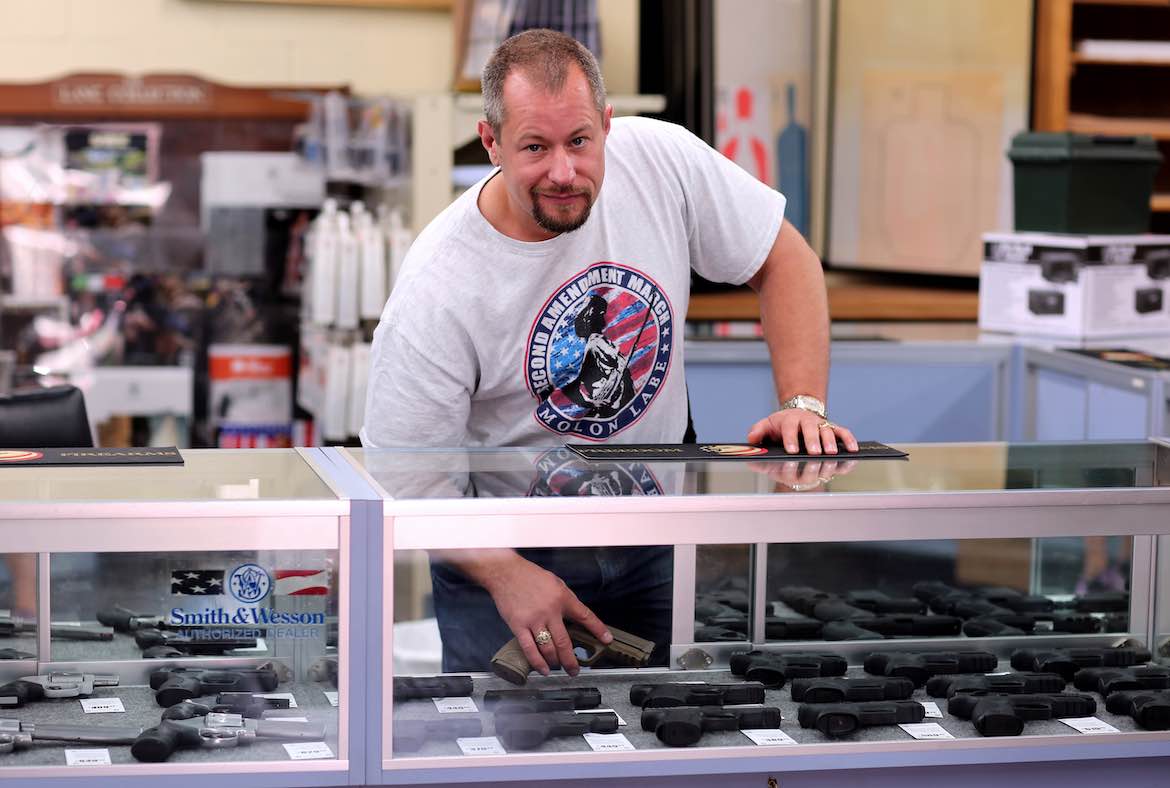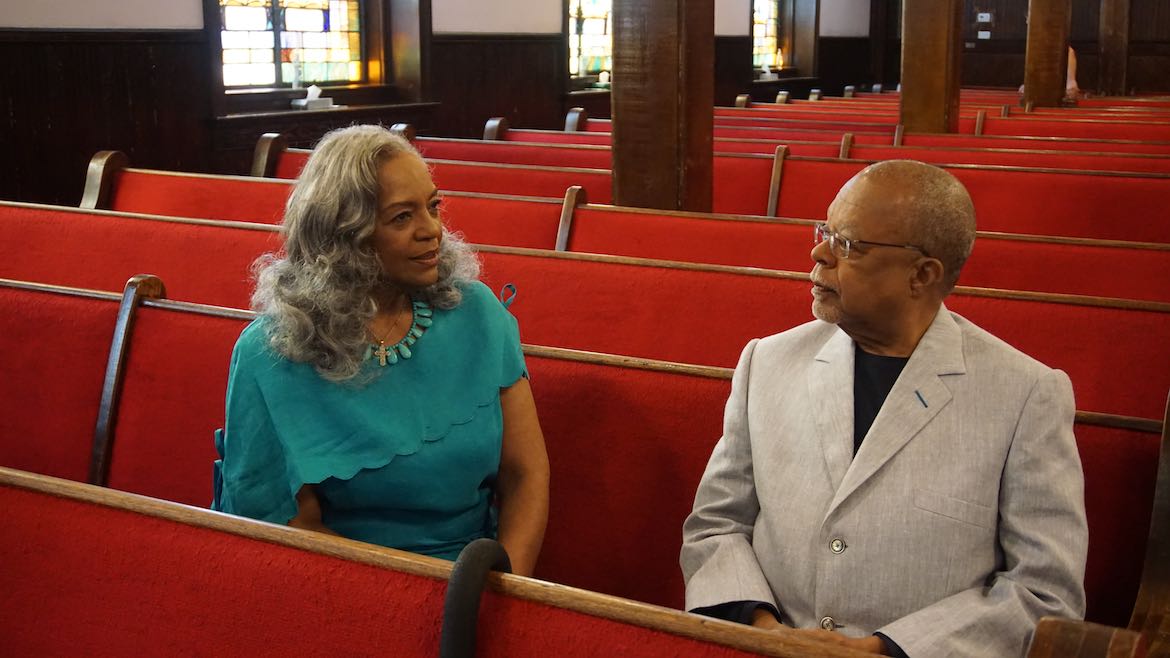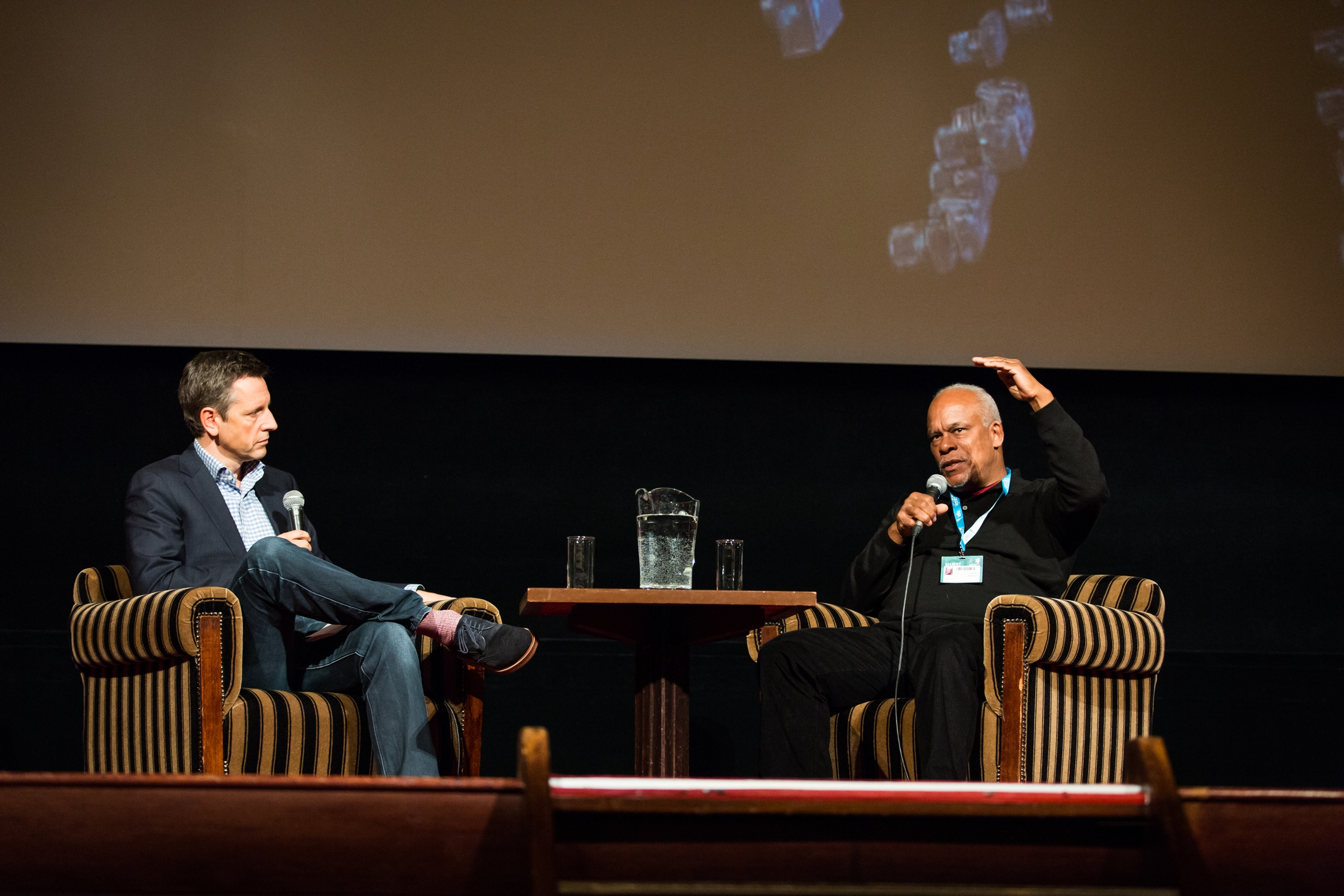Tag: Documentaries
Like the rest of Burns’ oeuvre, ‘Country Music’ offers ‘an opportunity to understand who we ...
Premiering on PBS Sept. 15, the documentarian's latest film follows the evolution of country music from 1923 to the mid-1990s.PBS, Futuro Media receive NEH grants
The grants are supporting documentaries and digital films.With ‘Reel Midwest,’ Illinois’ WILL is latest public TV station to embrace indie docs
The new documentary showcase spotlights films with ties to the Midwest, including the BBC-backed "The Gun Shop."Upcoming ‘Nova’ documentary examines history, future of violence in human society
The two-hour film is scheduled to air in November 2019.Gates’ four-hour series on Reconstruction uncovers ‘a history that needs to be told’
The arc of "Reconstruction: America After the Civil War," slated to air next April in two installments, mirrors race relations in the ...Intimate ‘Independent Lens’ film documents problems with rural health care
“The Providers” examines the challenges of delivering care to patients in northern New Mexico.POV documentary examines militarization of policing
Filmmakers found that local police departments are deploying military equipment in raids for nonviolent, low-level drug offenses.Alongside ‘Vietnam’, stations bring many voices to national conversation
Stations are staging local events and creating original content tied to the 18-hour Ken Burns series, debuting Sep. 17.What America do public TV’s documentaries represent?
A new study finds that documentaries co-produced and funded by the Independent Television Service are made by women and people of color ...New PBS films revisit war histories with present-day perspective
With examinations of Vietnam and the Great War, the documentarians are focusing on stories to help younger viewers understand today’s conflicts. ...Biopic of John Lewis to debut in PBS Black History Month lineup
PBS decided to schedule Kathleen Dowdey's documentary days before the congressman's fiery exchange with then President-elect Trump.‘POV’ contributions to Snapchat mark debut of documentaries on app
The short films will be available for just 24 hours.Documentary series to explore fatherhood in America
Broadcast of the programs is slated for 2018.U.S. public media steps up at International Documentary Film Festival Amsterdam
The festival has become increasingly important for U.S.–based public media.On MSNBC, Ken Burns says Confederate flag is mired in racism, not heritage
Ken Burns, director of PBS's The Civil War documentary series, discussed the true roots of the controversial symbol.













